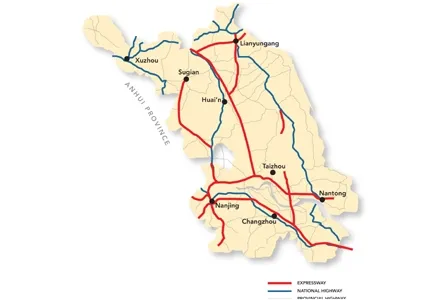Proposed simplifications to the heavy goods vehicle tax in France were unveiled by Transport Minister Frédéric Cuvillier during the national road transport federation’s (FNTR) conference.
A bill will be tabled before the end of 2012, and the system is scheduled to be in place from July 2013. It will take the form of a flat rate tax, which will include the administrative cost of managing the tax, with the amount set by each region (there will be an interregional rate for interregional transport).
Sector professionals have welcomed the decision, preferring it to previous proposals because it allows French hauliers to easily pass on the tax cost to clients, while avoiding drawn out negotiations. Cuvillier also announced a decree will be published in the coming days to allow the generalisation of the increase of maximum vehicle weights to 44 tonnes on five axles. It is currently only possible for certain types of goods.








